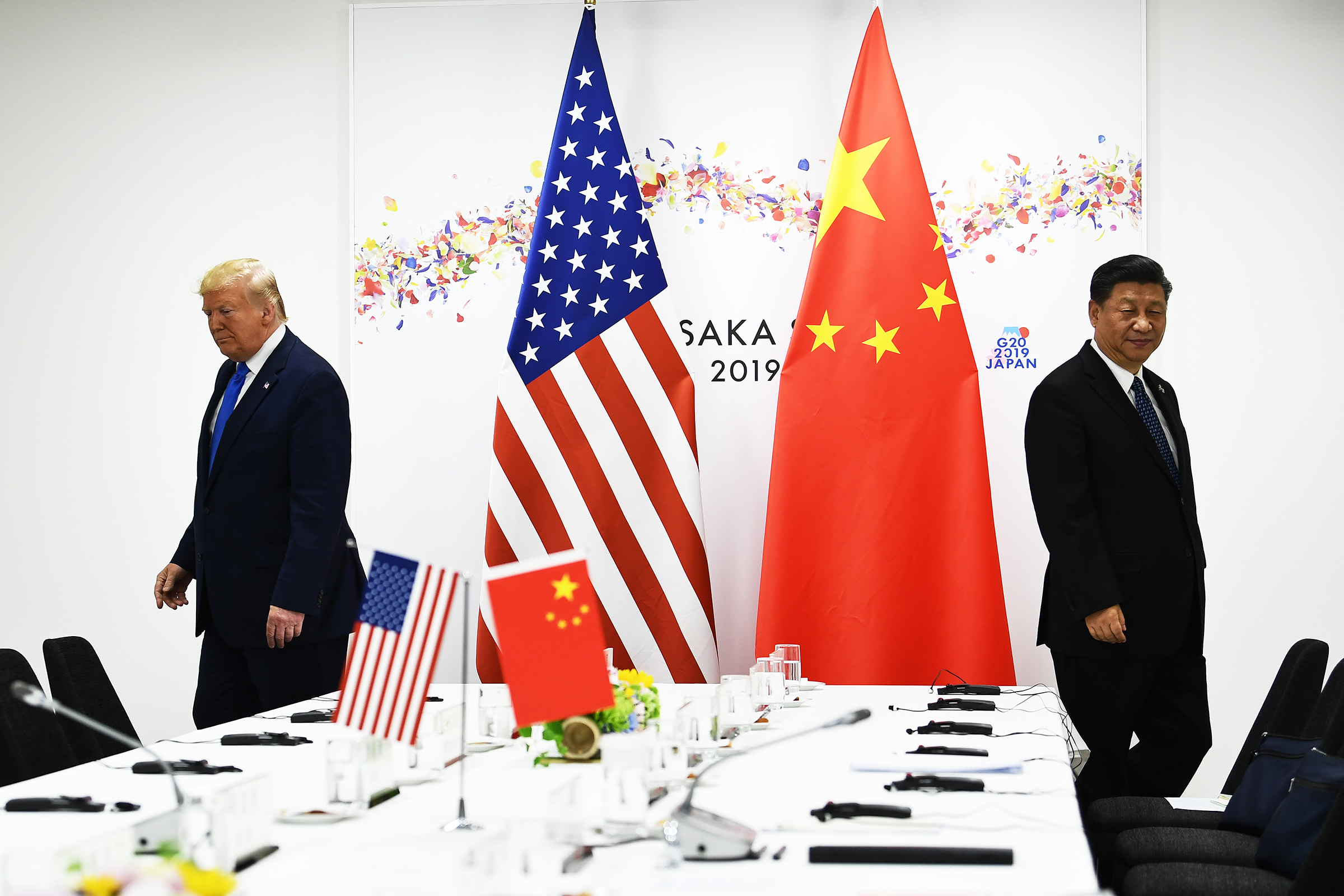
The U.S. and Chinese governments now appear more interested in taunting each other than cooperating to contain the damage wreaked by COVID-19. That’s bad news for the whole world, because if they worked together to limit further human and economic damage from this crisis and to prevent future viral emergencies from going global, there is much they could do.
U.S.-China relations have now reached their lowest point since the immediate aftermath of the Tiananmen Square massacre in June 1989. Both countries have suffered large-scale loss of life and a sharp economic slowdown, but political officials in both countries are working to protect their own domestic standing by blaming the other’s government. President Trump has taken to calling COVID-19 the “Chinese virus,” while senior Chinese officials and state media have pushed a ludicrous theory that the U.S. created the virus and planted it in China last fall.
This animosity didn’t begin, of course, with coronavirus. Trump has waged a tariff war against China for most of his presidency and threatened the survival of Huawei, the telecom giant central to China’s strategy for state-of-the-art 5G technologies.
But COVID-19, and China’s initial reaction to it, has made matters much worse. In early January, at a time when China was still hiding the spread of the virus (and, even worse, while Chinese citizens were traveling unfettered all around the world), international health officials hoping to enter the country to study the virus and its effects were denied access. In February, Trump Administration officials announced that five Chinese media organizations would be treated essentially as agents of the Chinese government. China immediately retaliated by expelling three Wall Street Journal reporters because an article that appeared in that paper referred to China as “the real sick man of Asia.”
As for the virus itself, Chinese leaders like to point out that they have achieved remarkable success in containing it at home and have now offered humanitarian help to hard-hit countries like Italy at a time when America is headed for chaos. That’s true.
It’s also true that this virus, like severe acute respiratory syndrome (SARS) in 2002, began in China, that many Chinese people died needlessly while Chinese Communist Party officials hid the dangers and lied, and that much of the impact elsewhere in the world can be blamed on China’s slow initial response.
All true, and in a moment of true global crisis, none of these charges will save a single human life or limit the economic fallout. At a bare minimum, the U.S. and China should share with each other and with global health institutions useful data on COVID-19 to help us understand how to contain this plague. Washington and Beijing could also invest cash and scientific expertise in a joint bid to develop treatments and a vaccine.
They could work together to create an early monitoring and surveillance system to contain future viral threats before they go global, and propose international standards for preparedness and best practices when the next public-health crisis appears, no matter its source. They could take the lead in creating global reserves of medicine and supplies for future emergencies. They could work together to bolster the global economy.
In short, instead of accusing each other of playing with matches, these two powerhouse countries could help put out the fire.
More Must-Reads from TIME
- Cybersecurity Experts Are Sounding the Alarm on DOGE
- Meet the 2025 Women of the Year
- The Harsh Truth About Disability Inclusion
- Why Do More Young Adults Have Cancer?
- Colman Domingo Leads With Radical Love
- How to Get Better at Doing Things Alone
- Michelle Zauner Stares Down the Darkness
Contact us at letters@time.com